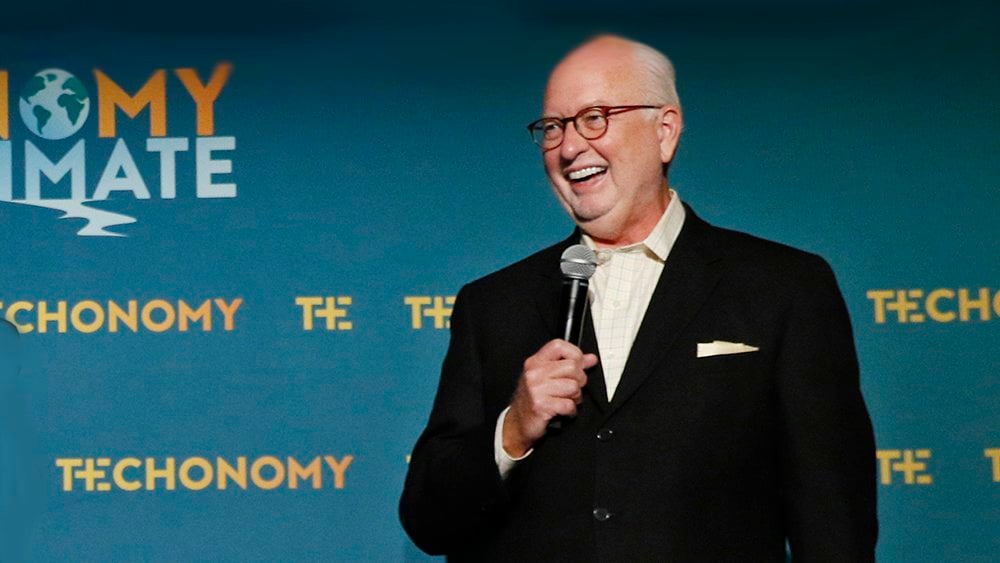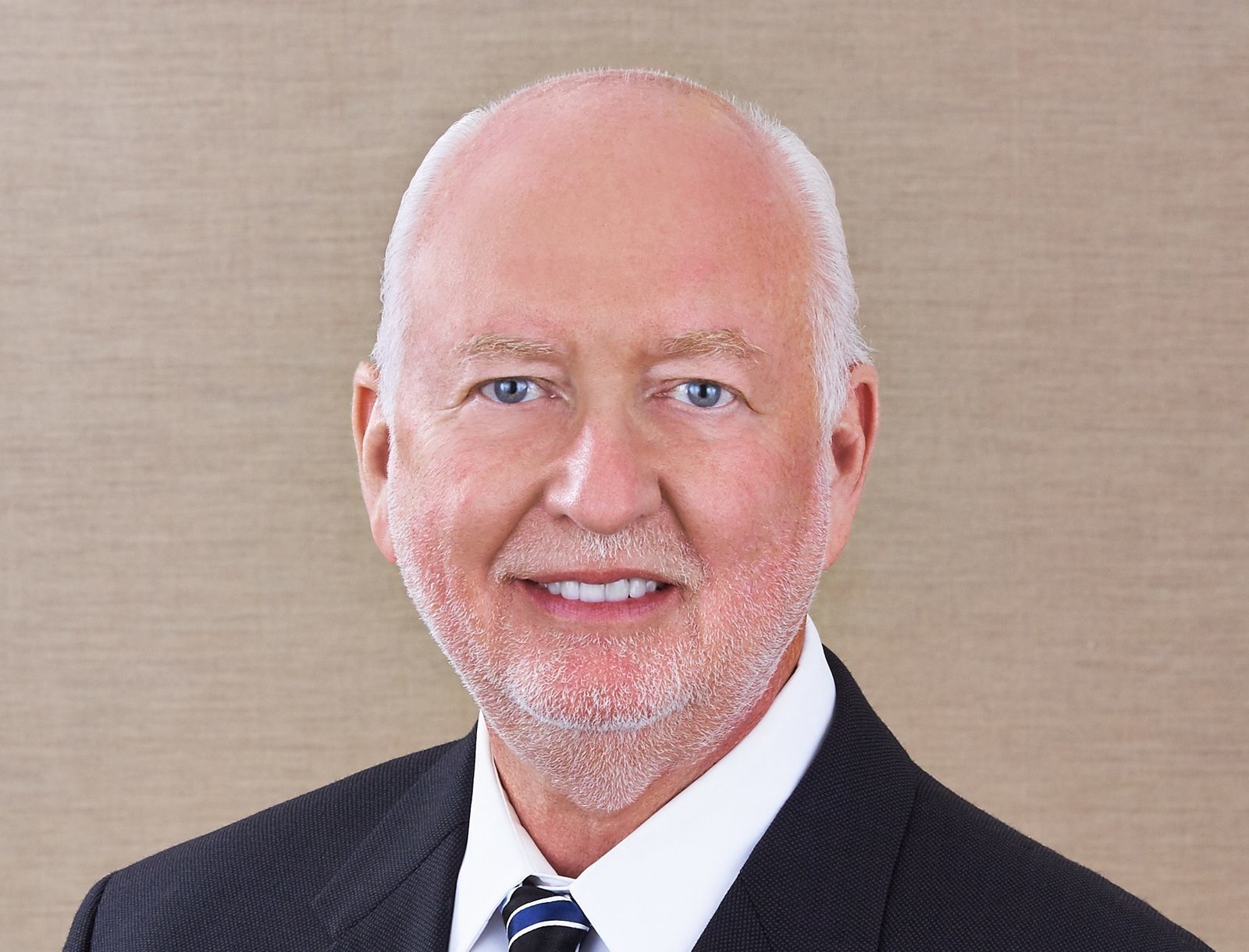As my family can attest, admitting when I am wrong has never been easy for me; but I feel it is important that I share a recent, if rather late, realization I had. Before attending the Techonomy Climate event in March, I didn’t fully understand the scope and importance of the climate crisis. I am sharing my experience and perspective in the hopes that I may inspire some of my like-minded peers to grasp not only the urgency of this issue but also the tremendous business opportunities it holds.
Like many of my friends and colleagues, my sense of purpose has always lain with the protection and prosperity of my family, friends and employees. I think this worldview is both natural and understandable. In the wake of WWII, with the emergence of today’s middle class, society’s priorities became capitalist and commerce centric. The American dream that we all know so well—rising to the top of the economic food chain through hard work and determination—allowed Americans to generate a level of prosperity that hadn’t been possible before. As a nation, we ran full speed ahead. For decades. And now, we are left to rectify our hastily made mistakes. The good news, however, is that we can fix this problem the same way we created it—through innovation and capitalism.

The Techonomy Climate event demonstrated just how much business potential there is in preventing global warming. Speakers like Bill Gross, Maddie Hall, Fred Krupp and Michael Dunne inspired the audience, myself included, to a new sense of urgency and animation. They showed how technology can help us repair the damage done to our climate and surprisingly, some of the solutions are both simple and profitable.
Bill Gross’s strides in the energy conservation industry lean on the application of basic physics—using potential energy to store clean energy harvested from natural resources like wind and solar. His kinetic innovation serves as a replacement for batteries, which require harmful chemicals such as lithium, to store energy. Emphasizing that the transition to green energy will be bigger than the industrial revolution, Gross showed how big players can generate and store the same amount of energy, just as efficiently as with batteries, in a cleaner, more reliable way.
Another of Gross’s companies, Heliogen, is working to “replace fossil fuels with concentrated sunlight.” They are doing this by using AI to continually reposition mirrors so that they reflect as much light as possible, effectively generating enough heat energy to create a viable alternative. Heavy industries, like cement making, steel making, and mining use massive amounts of heat energy to power their machines. Together, they generate 35 percent of all emissions. “Right now, they burn the dirtiest [stuff] to get that heat; we can give them that heat for zero carbon from the sun,” Gross said. While transitioning over to green energy would be a massive undertaking for these companies, what’s the harm in trying? The technology is there. And more than that, it has been scaled and proven to be more affordable and reliable. Why not shift to a more sustainable alternative that pumps no emissions into the air and is more efficient in the long run?

A common perception is that there is no point in switching to more sustainable methods because the rising temperature of the earth is a natural part of its cycle. I understand this sentiment, but we are in uncharted territory when it comes to the sheer volume of pollutants we are emitting. Gross pointed out that in his lifetime alone, CO2 emissions have gone from 315 parts per million to 415. That is a staggering increase and to go back in time, we need thousands of innovators working on projects like his (all of which need investors).
But it is not just our atmosphere that bears the marks of our mistreatment. Every single year, tens of millions of tons of plastic are dumped into our planet’s oceans. It was anticipated that this debris would float on the ocean’s surface, but it turns out that less than one percent of all the plastic ever dumped in the ocean actually does. The other 99.8 percent sinks to the bottom in the form of microplastics, tampering with the ancient cleansing cycle our planet has employed since the dawn of time. And the number one offender for this clogging? Our tires. Every few years, we need to replace our tires because they wear down. In March, a question on my mind was, “where does that erosion go?” And sure enough, a 2017 study revealed that tire erosion accounts for as much as 10 percent of all microplastics currently polluting our oceans. Krupp is highly aware of this issue and, as president of the Environmental Defense Fund (EDF), is encouraging automakers to eliminate pollution from all light-duty vehicles by 2035. The environmental impact of our tires, more than anything, made me realize how ingrained our harmful habits are in our everyday lives. Which is why we need innovators.
Startups like Maddie Hall’s Living Carbon, are examples of the endless opportunities in finding solutions that make an impact. Amazingly, Living Carbon uses biotechnology and extensive research to harness the power of plants to draw out and store carbon. With the mission of rebalancing the carbon cycle, Living Carbon is effectively speeding up evolution to counteract the unnaturally fast damage we were able to inflict. Luckily, not only are humans capable of evolving beyond what our earth was able to support, we are also capable of speeding up the evolution of the balancing agents around us.
For investors, opportunities created by the transition to green energy and emerging biotech should not be the only things on their minds. As Michael Dunne pointed out, there is an international imbalance when it comes to the supply of non-renewable resources. China has a death grip on the global manufacturing and supply of batteries. With the U.S. comprising only about 5 percent of the world’s battery manufacturing, we are leagues behind. For the U.S. to truly become a global leader and protect our national security as this energy shift transforms the market, we must be cognizant of how we measure up to other countries. This is the time to reevaluate whether we want to continue to fight a losing battle over control of a limited resource or shift our attention to renewable resources that can be harvested right here at home for a fraction of the cost. We just need big players to commit to this energy shift and work with fellow business leaders like Bill Gross to make it happen.
















